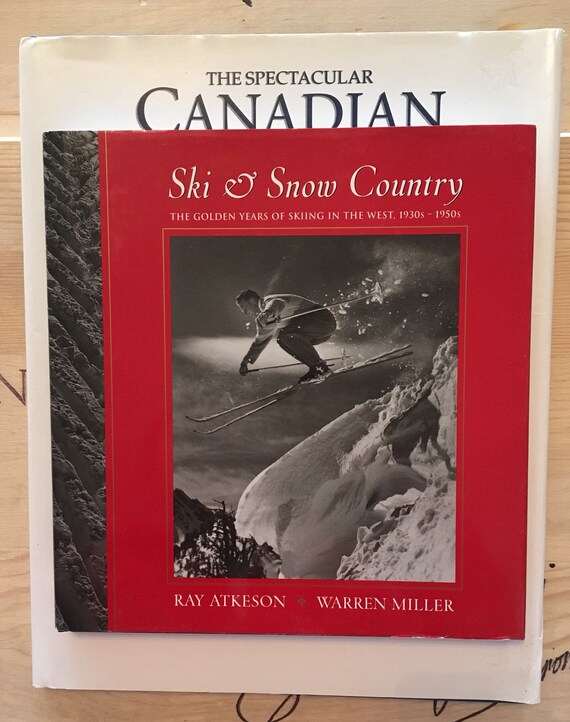

We are of course lucky that Seidensticker’s translation is so masterful but, even if it had been merely adequate, the relatively early introduction of a translation into English would still have gained Kawabata a prominent position in the field of international literature. Snow Country is an aesthetically magnificent book, and Seidensticker was able to do justice to Kawabata’s subtle and poetically resonant prose with his English translation. As with these other laureates, however, Kawabata did not win the world’s foremost award for literary distinction for political reasons alone.Īccording to academic lore, Kawabata’s candidacy was largely a result of Edward Seidensticker’s translation of Snow Country.

The Nobel Committee thus awarded its literary prize to Kawabata for reasons that were partially political, as they would to many candidates over the following four decades. The city of Tokyo had hosted the Summer Olympics in 1964 and, with the ultra-modern Tokyo Dome stadium and high speed bullet train between Tokyo and Kyoto, Japan was able to prove itself the technological and economic equal of any country in the world. Meanwhile, Japan itself had risen from the ashes of wartime devastation and had begun to enter an era of double-digit GNP growth. With their classes and translations came a new respect for the Japan of the twentieth century among academic circles. officers returned home from the country with the knowledge and motivation to create Japanese Studies departments in American universities like Columbia and Harvard.

The postwar American occupation of Japan had ended fifteen years prior, and many of the American G.I.

Snow Country won the Nobel Prize for Literature in 1968, a year which serves as a convenient temporal marker for the changing perception of Japan in the collective consciousness of the Western world. Publication Year: 1956 (America) 1947 (Japan)


 0 kommentar(er)
0 kommentar(er)
